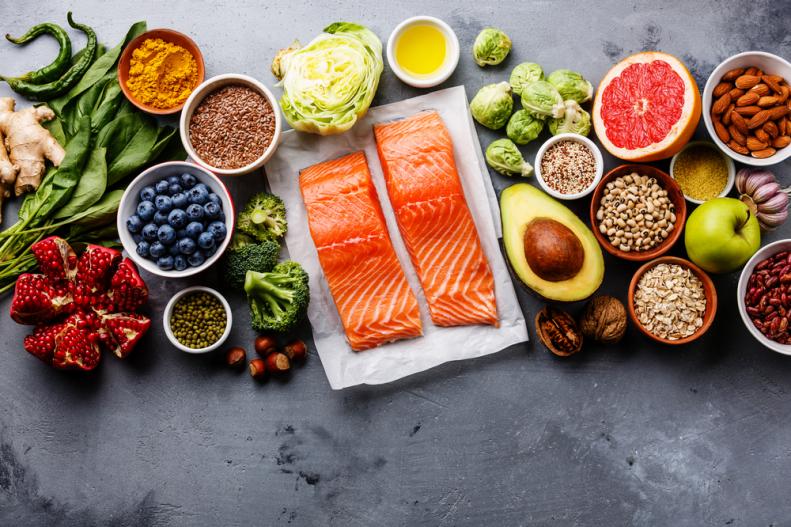Understanding a Plant-Centric Diet
When I made the decision to follow a pescatarian diet seven years ago, it had nothing to do with my health or the environment and everything to do with the fact that I didn’t care for chicken or beef. I wasn’t aware of the environmental benefits of going vegetarian or the negative effect consuming animal products can have on our health. Now, it's pretty universally known. “Studies show if we move in the direction of plant-based — more fish and vegetables and nuts and seeds — the healthier our bodies and our planet will be,” says Kathy McManus, director of the Department of Nutrition at Harvard-affiliated Brigham and Women's Hospital and registered dietitian. Seems simple, right? Not exactly. There's an overwhelming amount of (sometimes conflicting) information about the different plant-based diets on social media and the internet, which makes pinpointing the distinctions between them difficult.









